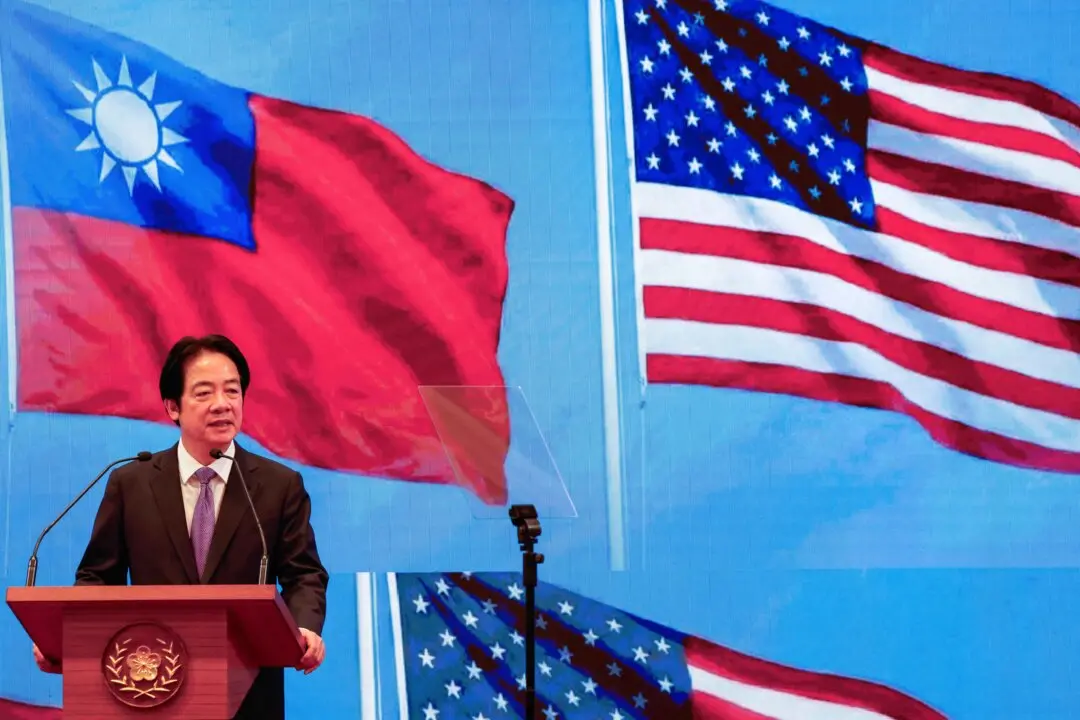Temu, a Chinese online retailer with the catchy tagline “shop like a billionaire,” has exposed consumers to products made with forced labor in China, according to a congressional report published on June 22.
“Temu does not have any system to ensure compliance with the Uyghur Forced Labor Prevention Act (UFLPA),” the report adds. “This all but guarantees that shipments from Temu containing products made with forced labor are entering the United States on a regular basis, in violation of the UFLPA.”
‘De Minimis Loophole’
“These results are shocking: Temu is doing next to nothing to keep its supply chains free from slave labor,” said Rep. Mike Gallagher (R-Wis.), who heads the committee, before directing his criticism to both Temu and another Chinese online retailer, Shein.“At the same time, Temu and Shein are building empires around the de minimis loophole in our import rules—dodging import taxes and evading scrutiny on the millions of goods they sell to Americans,” Gallagher added. “We need to take a hard look at this loophole that is being abused to tilt the playing field against American companies.”

According to the report, over 685 million shipments entered the United States under de minimis in 2022, a provision of customs law that allows shipments up to $800 to be exempt from duty and tax.
Temu and Shein likely accounted for more than 30 percent of all global de minimis shipments into the United States last year, according to the report.
“These initial and interim findings–which reveal Temu’s failure to maintain even the façade of a meaningful compliance program, and the true scale of both Shein and Temu’s use of the de minimis provision–raise serious concerns about the continued presence of products made with forced labor contaminating American imports,” the report says.
According to the report, Temu told the committee that it “does not expressly prohibit third-party sellers from selling products based on their origin in the Xinjiang Autonomous Region.”
Temu dismissed concerns that it should be held accountable for products made with forced labor given that its China-based sellers ship directly to U.S. consumers.
‘Strengthen Laws’
Rep. Raja Krishnamoorthi (D-Ill.), ranking member of the committee, said the initial findings in the report “reinforce the need for full transparency by companies potentially profiting from CCP forced labor.”“Our Select Committee heard from experts under oath that these practices persist to this day and we intend to strengthen laws like the Uyghur Forced Labor Prevention Act to put an end to them once and for all,” Krishnamoorthi added.

Last week, bipartisan bills were introduced in the House and Senate aimed at changing the de minimis exception. On June 14, Sen. Bill Cassidy (R-La.) and Tammy Baldwin (D-Wis.) introduced the De Minimis Reciprocity Act of 2023.
A day later, Sens. Marco Rubio (R-Fla.) and Sherrod Brown (D-Ohio) introduced the Import Security and Fairness Act, while Rep. Neal Dunn (R-Fla.) and Earl Blumenauer (D-Ore.) introduced the legislation’s companion version in the House.
Washington-based advocacy group Campaign For Uyghurs took to Twitter to thank Baldwin and Cassidy for their legislation, calling for its swift passage. The two senators’ bill would “close a trade loophole that is allowing #China to let products made by slave labor get in the hands of #US consumers despite the #UFLPA,” the group added.
The Epoch Times has reached out to Temu for comment.




